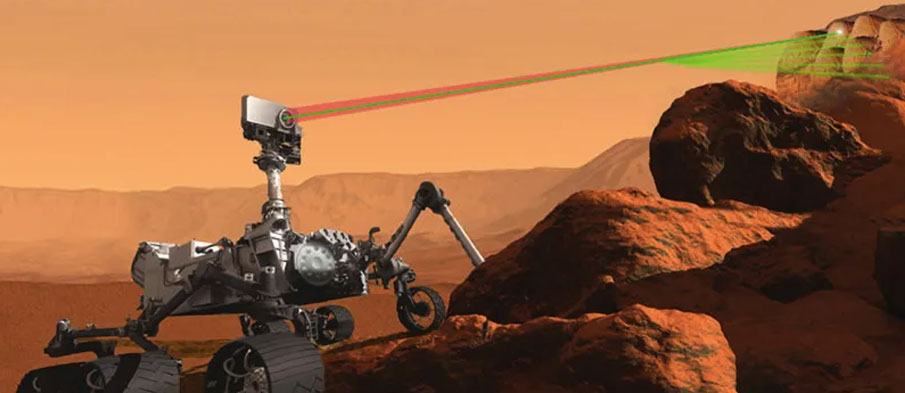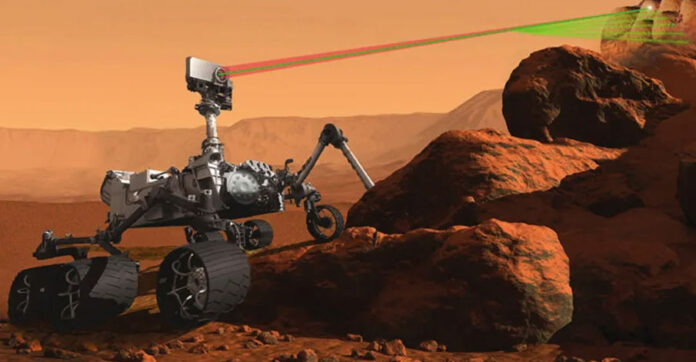
NASA’s Perseverance Mars Rover is leveraging AI technology to enhance its exploration of the red planet. For the past three years, the rover has been testing AI capabilities to identify key minerals and rocks for research.
Currently, AI is instrumental in helping NASA pinpoint crucial rock samples and make autonomous decisions for real-time rock sample analysis. These ongoing developments are paving the way for a future of smart spacecraft capable of performing tasks independently, bringing NASA closer to its goal of understanding Mars more profoundly.
The rover uses two main instruments for detection and analysis: AI and the PIXL (Planetary Instrument for X-ray Lithochemistry). These tools are essential for determining the optimal locations to drill and collect samples. Abigail Allwood, the principal investigator of PIXL at JPL, stated, “We use PIXL’s AI to home in on key science. Without it, you’d see a hint of something interesting in the data and then need to rescan the rock. This technology allows PIXL to conclude without human intervention.”
PIXL, developed by NASA’s Jet Propulsion Laboratory in Southern California, is crucial for testing the chemical composition of rock samples and providing detailed information about minerals. Positioned at the end of Perseverance’s robotic arm, PIXL features a spectrometer attached to a six-legged robotic frame, or hexapod, which ensures precise control and stability. The instrument’s camera continuously monitors the distance to the rock target, ensuring accurate alignment. This feature, known as “adaptive sampling,” helps reveal the past conditions of the Martian surface.
AI’s role on Mars extends beyond Perseverance. About 2,300 miles away, NASA’s Curiosity rover utilizes another form of AI to autonomously target rocks with a laser based on their shape and color. It then uses PIXL scans to identify which minerals deserve further study, all in real-time, eliminating the need to contact mission controllers on Earth.
Peter Lawson, who implemented adaptive sampling, explained, “PIXL’s adaptive sampling helps scientists find the needle within a haystack of data, freeing up time and energy to focus on other tasks. Ultimately, it accelerates our ability to gather the best science.” These advancements in AI are vital steps towards achieving the dream of exploring other planets with highly autonomous and intelligent spacecraft.




